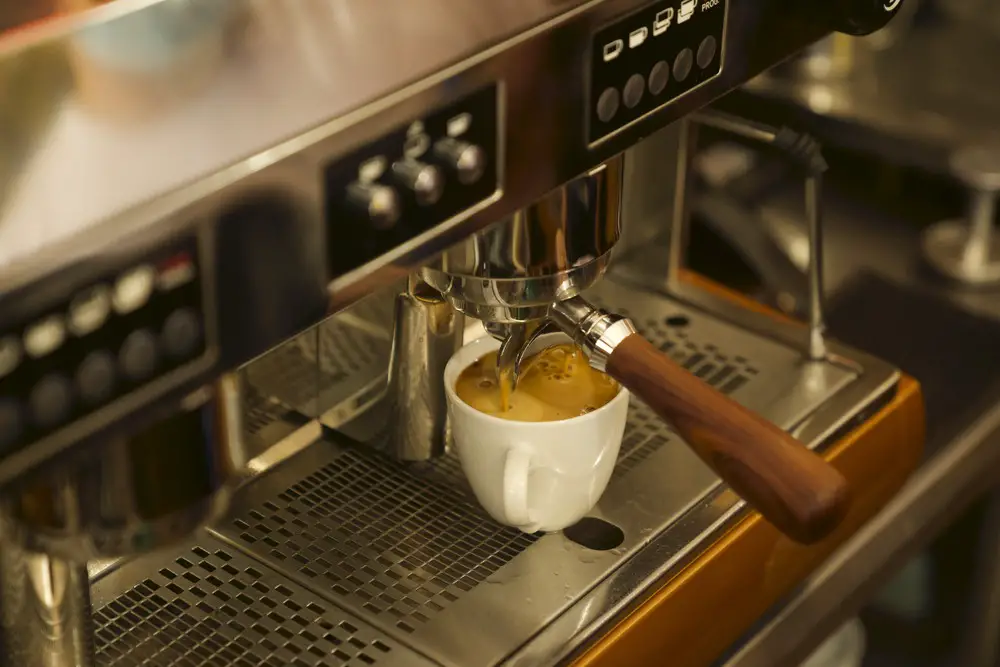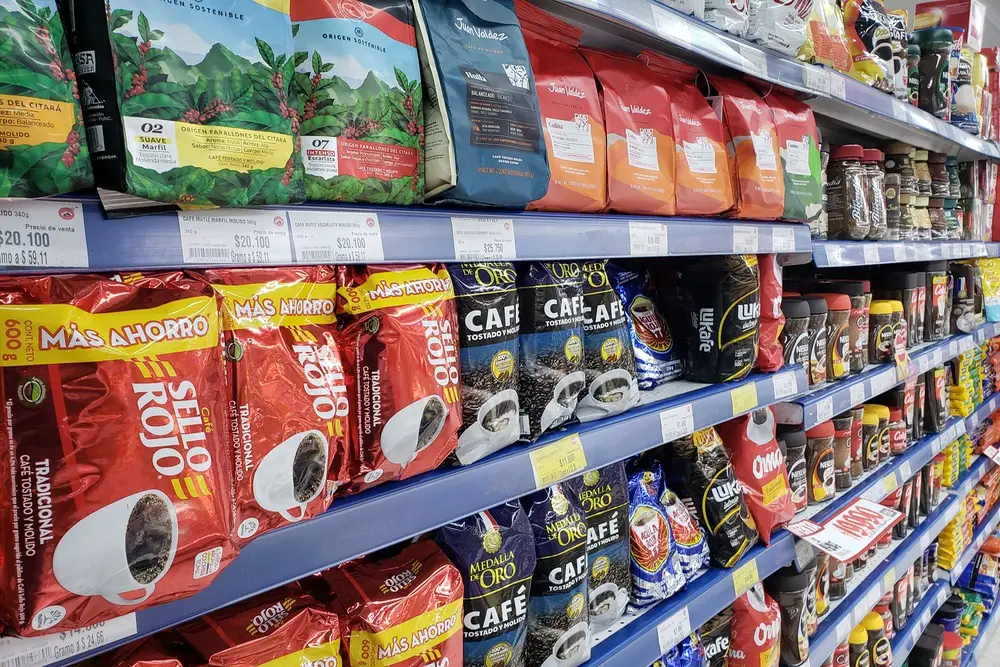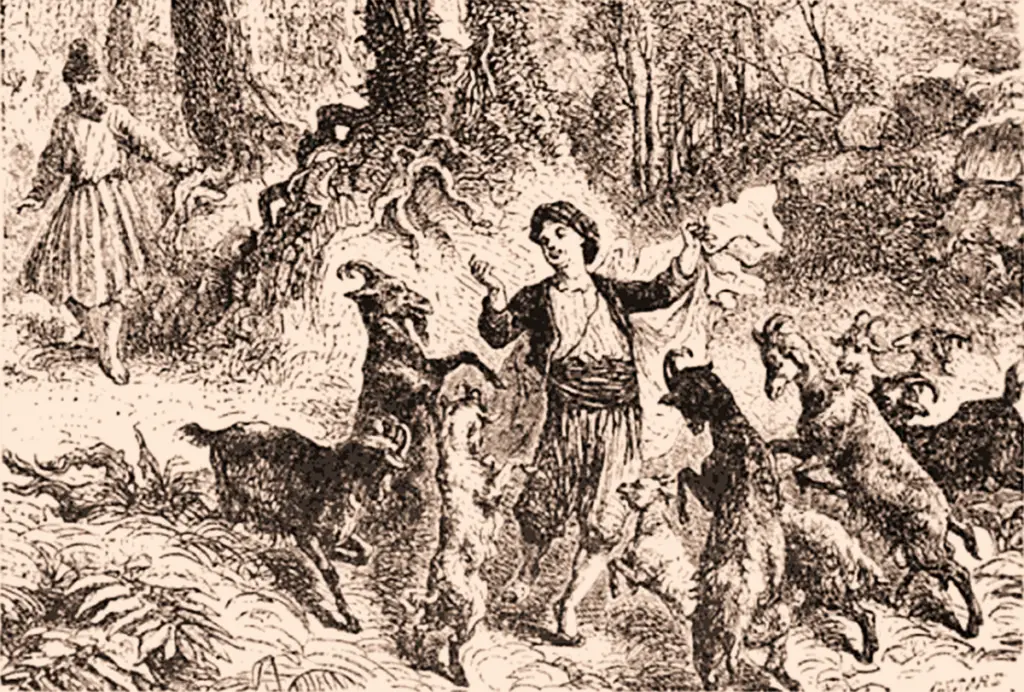Did you know that the Netherlands played an important role in the coffee trade in the past?
In fact, they introduced coffee to Southeast Asia, one of the most important coffee-growing regions today.
Table of Contents
History of coffee in the Netherlands
The coffee culture in the Netherlands is complicated: the Dutch were instrumental in the emergence of the global coffee trade, but also in a colonial system of exploitation.
Also, this European country has had an affordable and rich supply of coffee for several centuries. That’s because the soils in present-day Indonesia (formerly a Dutch colony) are excellent for producing quality coffee.
The Dutch made a significant contribution to the spread of coffee around the world.
The coffee trade began with smuggling
It should be noted that Yemen, which was the main supplier of coffee in the world in the 17th century, banned the export of coffee beans to other countries. The idea was to reduce the supply of plants in order to control the prices of the product.
However, the Dutch managed to circumvent the law and smuggled out several coffee plants. This enabled them to take enough plants with them for their colonies in Southeast Asia, especially Indonesia.
Ever since coffee arrived in the Netherlands, it has been easily accessible
Thanks to large-scale cultivation, Dutch traders also traded some coffee plants to other colonial powers such as France. In other words, the coffee business was very profitable for the Dutch.
Also, the large coffee production of the colonies meant that coffee quickly became popular in the Netherlands as it was an abundant and therefore inexpensive commodity. As a result, coffee became accessible to Dutch people of all walks of life as soon as it was in the country.
In the rest of Europe, on the other hand, coffee consumption was considered a luxury, at least in the early days.
Coffee culture today
At first glance, it seems that the Dutch always follow a different path than residents of other European countries. Unlike the rest of the continent, there doesn’t seem to be a culture of appreciation for specialty coffee in the Netherlands.
In other words, the Dutch prefer traditional coffee to the more elaborate, more elaborate coffee. The Dutch also drink a lot of coffee, as the country’s cold climate seems to make people drink a hot drink very often.
The Dutch take every opportunity to go to a café and drink coffee. Also, coffee is already part of Dutch culture, because the first thing a person is offered when entering a Dutch home is a cup of coffee.
Note: Indonesia is still one of the largest coffee producers today.
In the Netherlands, quantity matters
For the Dutch, the quantity of coffee is more important than its quality. In fact, preparing manually filtered coffee is still the preferred method of the Dutch.
However, the use of coffee capsules is becoming more and more common among Dutch consumers, mainly because of the convenience and speed. It was even the Dutch who introduced the forerunners of today’s Nespresso machines 20 years ago.
However, over the years, a number of artisanal cafés have established themselves in the Netherlands. Gradually, a more sophisticated coffee culture has established itself in the country, especially in the big cities.
However, the Dutch prefer tradition and therefore prefer to drink their traditional coffee in a well-known café or simply at a friend’s house.
However, if you’re ever in the Netherlands and want to try their coffee, make sure they actually serve coffee there, because in the Netherlands shops that sell marijuana-based products are called “coffee”.
Dutch people prefer cold brewed coffee
Cold brew coffee is coffee that is brewed with cold water instead of hot water. Unlike traditional coffee brewed with hot water, which is ready in minutes, cold brew coffee can take anywhere from 3.5 to 12 hours to brew.
Although it may seem illogical, the Dutch prefer this preparation because soaking the coffee beans in cold water better extracts the flavors of the drink. Coffee made in this way therefore tastes less acidic than coffee brewed with hot water.
And not a few consumers prefer this preparation because they appreciate the mild and less bitter taste. But if you think you wouldn’t pay for a cup of cold brew coffee, don’t worry because the Dutch claim that cold brew coffee retains its flavor when heated.
And don’t think that this preparation is only common in the Netherlands, as it is becoming more and more common, especially in specialized cafes. Because many good types of coffee are known to develop their aroma even better when they are prepared cold.
What is the tradition of drinking coffee in the Netherlands?
As already mentioned, when a Dutch person invites you into their home, the first thing they will probably do is offer you a cup of coffee. Therefore, if you are in the Netherlands and invite someone to your home, you should also have freshly brewed coffee ready for your guests.
Even if you are planning a dinner party, for example, you should usually offer more coffee with something sweet for dessert. Also remember that coffee is very important to the Dutch as it helps to liven up social interactions.
That’s why you’ll find that whenever you meet up with family, friends or even at work, the Dutch are always drinking coffee and chatting about all sorts of things.
For them, this drink is omnipresent, which is why you better like it if you ever want to travel to this country, because you can be sure that it will be offered to you 24 hours a day.
If you order this in a café, you fit right into the Netherlands
The most common type of coffee in the Netherlands is the traditional black coffee. But the coffee with milk is also popular. Espresso and cappuccino are more common among the younger generation, although some say these types of coffee are not of very good quality in the Netherlands.
The wrong coffee or bad coffee
In addition to the traditional coffee variations, there is also a drink that the Dutch call “fake coffee” or “bad coffee”, which is nothing more than black coffee with a few drops of milk.
And contrary to what the name might suggest, this variant is very popular in this country. As we have seen, coffee is the most popular drink in the Netherlands and a symbol of Dutch culture.
And while sophisticated and sophisticated presentations of this drink aren’t very common there, the traditional way the Dutch drink coffee is perhaps more charming.
Because apart from the quality of the coffee, the most important thing is the interaction with the people.



